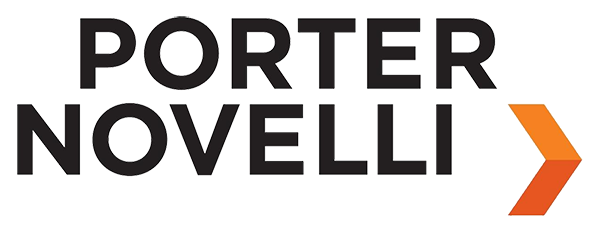Putting Stakeholders to Work
From the raw materials producer to the end consumer, we all know sustainability is ultimately everyone's responsibility. And while companies are feeling the pressure from a variety of stakeholders to address sustainability issues, many are turning the tables to make sure key stakeholders are holding up their ends of the bargain, too.
Unilever Australia has engaged its own internal stakeholders by giving each and every employee a new, very important job title: "Head of Sustainability." To drive the point home, the company has distributed new business cards and job manuals to all employees in Australia and New Zealand, outlining how sustainability is core to everyone's job. And as Bart King of Sustainable Life Media reports, garnering full employee engagement is paramount, since Unilever has plans to double its size, while reducing its environmental footprint by half.Although supply chain accountability is nothing new, the bar is also being raised for business suppliers. For the first time, the Carbon Disclosure Project, a consortium of more than 50 brands, is integrating a supply chain scoring system into its program. Members originally reported on their own carbon emissions, but the scope has expanded to the companies they do business with who must also analyze their own practices. Now businesses along the supply chain can choose to report and benchmark their progress or risk losing important buyers.
Gone are the days where the EH&S office tackled sustainability alone. Now, it's a concerted effort both inside and outside the company, where through job titles and metrics, everyone is being held accountable for making progress toward a more sustainable world.
CONE18365
